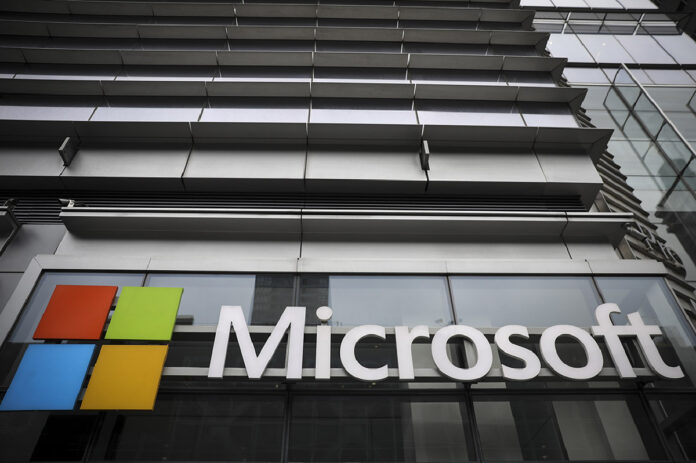The re-election of Donald J. Trump marks a shift in political dynamics, with significant implications for the tech industry. While Trump has consistently championed deregulation and pro-business policies, certain tech giants—Microsoft, Google, Meta, and Amazon—find themselves navigating a more uncertain landscape. Here’s why these companies might emerge as perceived “losers” in the new administration.
1. Microsoft: A Target on Big Tech
- The Challenge: Under Trump’s previous administration, Microsoft faced scrutiny over its growth and influence, particularly in cloud computing and software dominance. His administration often targeted big tech, accusing them of monopolistic behavior, which could continue.
- Election Setback: With Trump back in office, antitrust investigations might gain momentum, potentially hampering Microsoft’s aggressive expansion strategies, especially in AI and cloud services. Trump’s preference for protecting smaller players in the tech ecosystem could lead to policies that favor competition over consolidation. Meanwhile Elon Musk has stepped up his ongoing feud with ChatGPT-maker OpenAI with a revived lawsuit against the firm, adding Microsoft as a defendant.
2. Google: Heightened Antitrust Focus
- The Challenge: Alphabet Inc., Google’s parent company, has long been under the federal microscope for its advertising monopoly and search engine dominance. Trump’s previous administration filed one of the largest antitrust lawsuits against Google in decades.
- Election Setback: The continuation of these investigations, alongside potential legislation to curb data dominance, places Google in a vulnerable position. Increased scrutiny on its advertising practices could force significant operational adjustments.
3. Meta: The Misinformation Battleground
- The Challenge: Meta, formerly Facebook, has repeatedly faced criticism from Trump for alleged censorship and perceived political bias. The platform has struggled to balance content moderation with claims of free speech infringement.
- Election Setback: Trump’s victory may reignite tensions with Meta, especially concerning content moderation policies that the administration views as suppressing conservative voices. Meta’s efforts to expand into the metaverse might also be hindered if government priorities shift away from digital monopolies.
4. Amazon: Labor and Market Pressures
- The Challenge: Amazon’s labor practices and dominance in e-commerce have made it a frequent political target. Trump has publicly criticized the company for harming small businesses and taking advantage of tax policies.
- Election Setback: Policies aimed at bolstering small businesses and revitalizing local economies might come at Amazon’s expense, including stricter labor regulations, higher corporate taxes, or incentives for smaller competitors.
5. Other Tech Giants and the AI Race
- OpenAI and AI Startups: With Trump’s focus on limiting big tech dominance, smaller AI firms might gain support through funding and incentives. This could disadvantage giants like Microsoft (a major OpenAI backer) in the AI landscape.
- Apple: While traditionally less targeted, Apple’s App Store practices and dominance in hardware markets could face new scrutiny as Trump seeks to champion competition.
Key Takeaways for the Industry
While Trump’s administration may benefit smaller tech players and startups, large corporations like Microsoft, Google, Meta, and Amazon face an uphill battle. These companies must prepare for heightened antitrust scrutiny, shifting policy priorities, and potential legislative challenges that could redefine the tech landscape.
In contrast, smaller businesses and emerging tech firms may find Trump’s policies creating new opportunities for growth, balancing the scales in an industry historically dominated by a few key players.











































